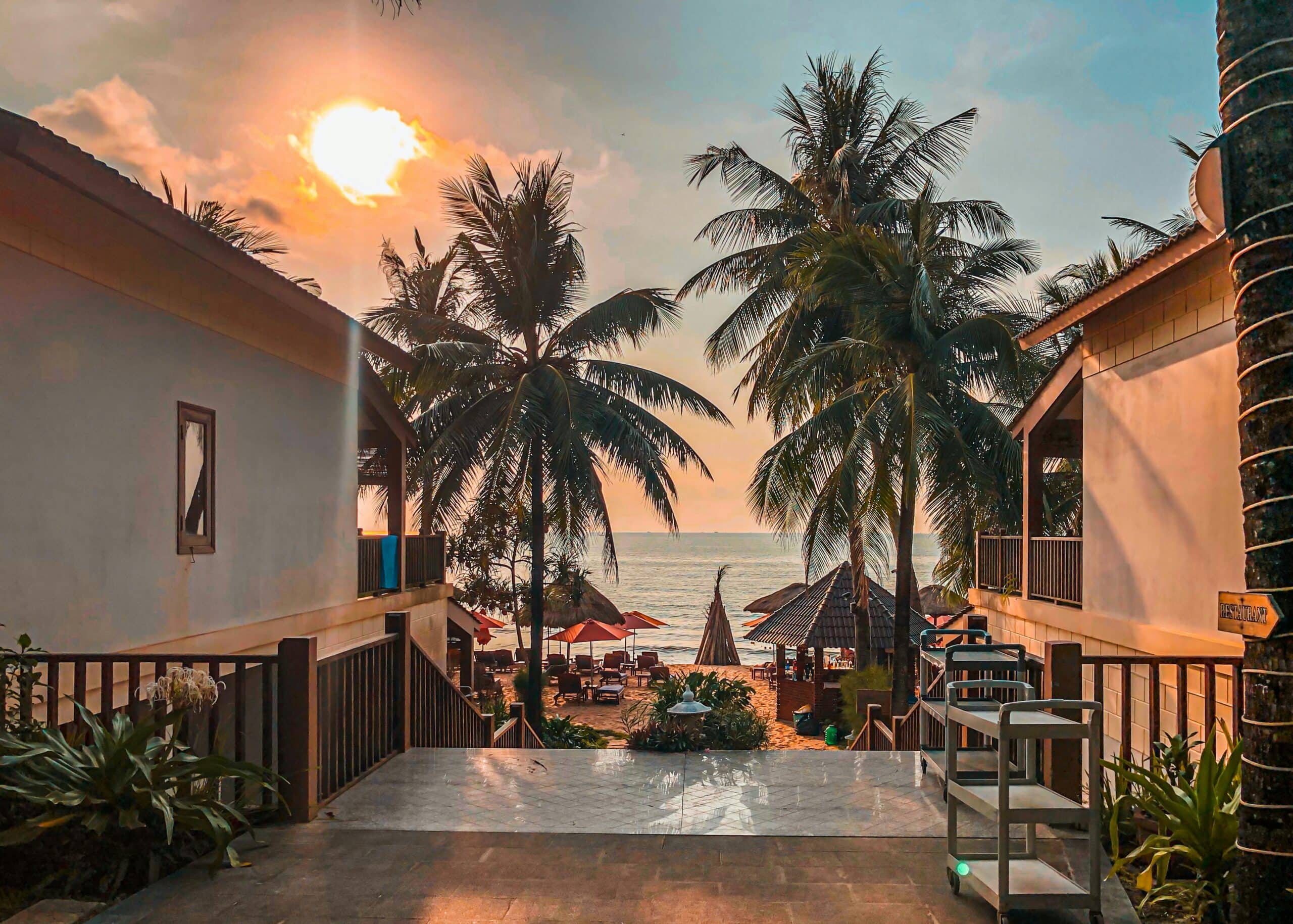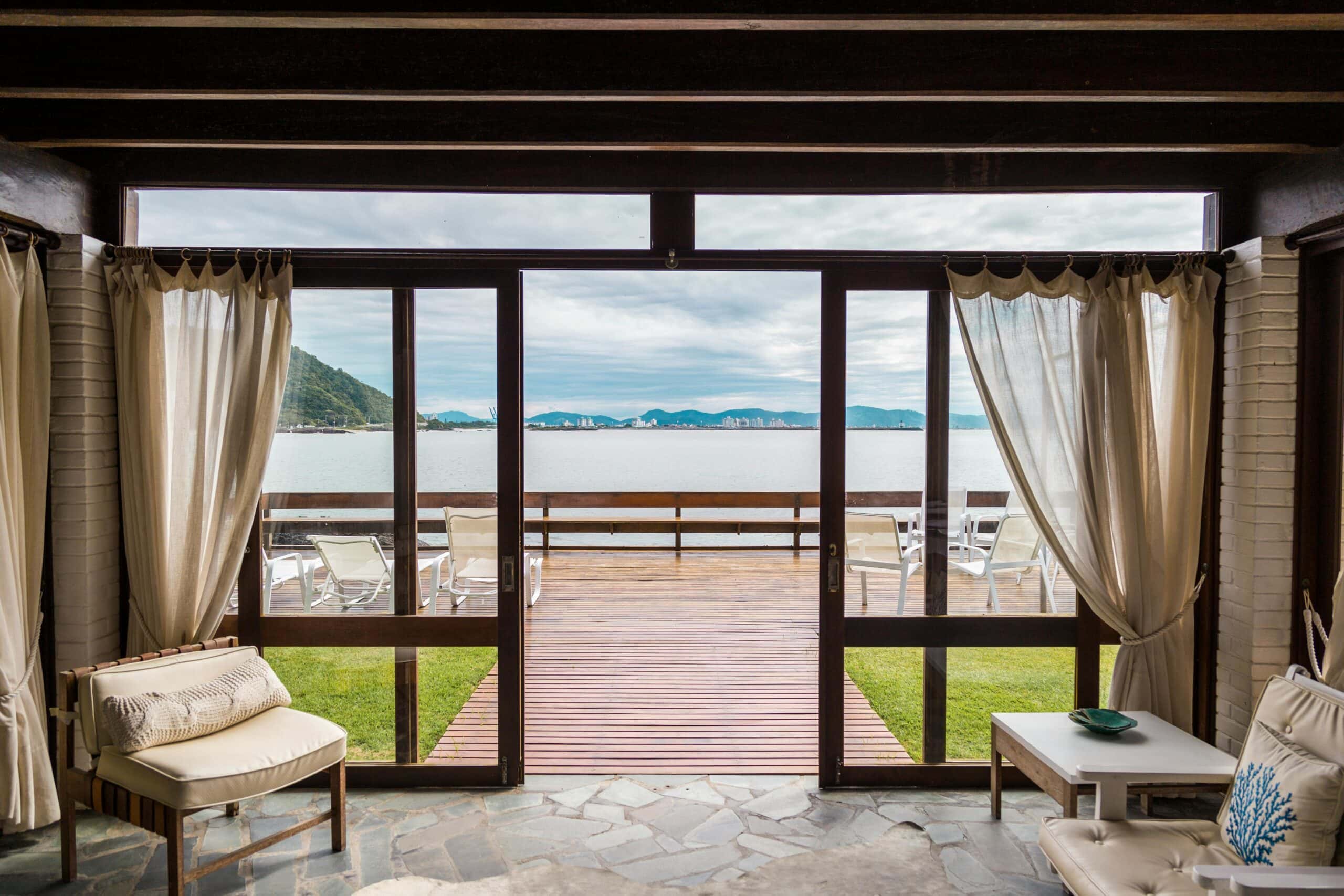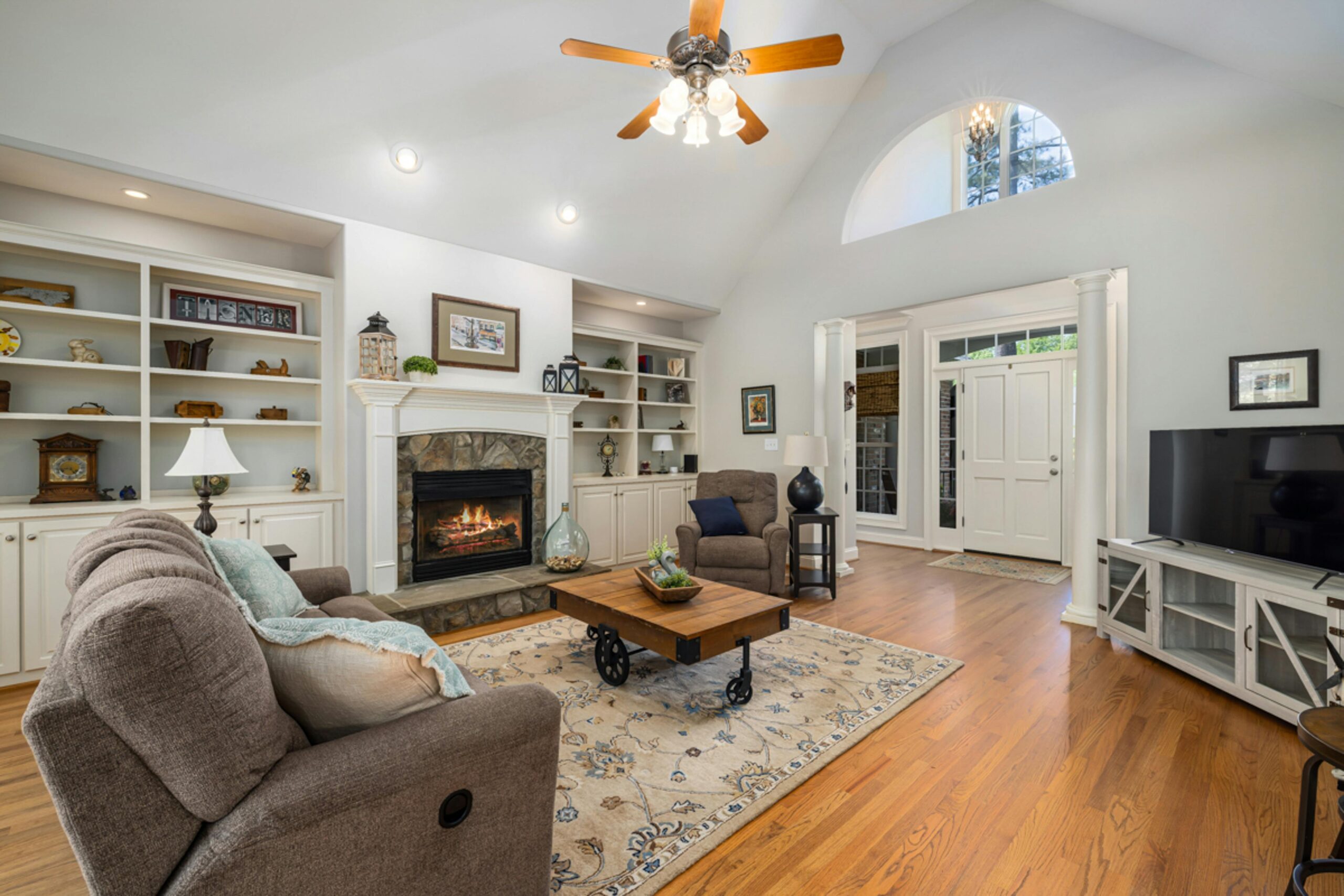Are you one of the many property owners contemplating becoming an Airbnb host on the Sunshine Coast? Or maybe you’re an investor considering a short-term rental. Either way, this article is designed to be a helpful guide to getting started and keeping the local regulations in mind simultaneously.
Whether you’re a seasoned veteran in the short-term holiday rentals space or are new to it, you need to understand the local regulations and guidelines, as these can significantly impact your hosting experience.
Navigating through these specifics isn’t always easy, so we’ve narrowed down some critical issues to consider.
Local Laws Every Sunshine Coast Airbnb Host Should Know
Looking into it on a deeper level, the Sunshine Coast’s legislation vouches for a variety of parameters to ensure that Airbnb hosting is well-regulated, both for the security of the host and the guest.
We’ve listed a few key aspects below:
Building and Planning approvals
Did you know that your home or property may require building and planning approvals before you can legally open the doors for your Airbnb rental as short-term accommodation on the Sunshine Coast?
This process is called development approval or planning permission. The type of approval needed depends on factors like your property’s location or the specific rental activities you intend to offer. Always ensure your property conforms to the Sunshine Coast Planning Scheme and other relevant building standards.
Short-Term Rental Accommodation (STRA) Council Enforcement
In 2022, the Sunshine Coast Council and local government areas took action to regulate short-term rental accommodations (STRAs) in response to issues with noisy party houses. This included hundreds of investors dropping out of the short-term rental market amidst the crackdown.
Additionally, neighbouring Noosa Council within the Sunshine Coast region now requires approval and annual review for short-term rentals to operate. But the good news is, as long as you know the local rules and Airbnb Sunshine Coast regulations at hand, there’s no reason you can’t enjoy continued success in the holiday rental space.
Residential Areas vs Tourist Locations
Where you host on the Sunshine Coast can also impact the regulations you should adhere to. Residential areas tend to have stricter guidelines than highly touristic locations. Respecting the specific rules and regulations that apply to your area is important. It’s not just about law compliance, but also about ensuring a harmonious cohabitation with the local community.
If you’re hosting in a residential area on the Sunshine Coast, remember that these zones are generally intended for private housing, and not for commercial use. There might be specific rules regarding the number of days per year a property can be rented out, noise levels, and parking conditions, amongst other regulations. Violating these rules could lead to fines and/or a ban from hosting on Airbnb.
On the other hand, in touristic locations across the Sunshine Coast, Airbnb regulations might be somewhat lenient. Still, it’s crucial to understand and comply with any regulation in place. Here, the primary concern is the safety and comfort of guests since these zones typically have heavy tourist footfall.
How Local Laws Affect Your Airbnb Hosting Experience If You Don't Follow Them
Not abiding by local laws as an Airbnb host on the Sunshine Coast can have serious repercussions. These range from hefty fines to the total shutdown of your Airbnb operation or even cause legal issues that could affect your property ownership. Let’s take an in-depth look at how ignoring these regulations can impact your experience as an Airbnb host.
Potential Penalties and Fines
One immediate ramification of not complying with local regulations is the possibility of facing steep penalties and fines. The local authorities strictly enforce these rules and regulations. You could be severely fined if you fail to secure the necessary planning and building approvals or violate the STRA council policies. The amount can vary, but is often substantial enough to dent your Airbnb income.
Shutdown of Your Airbnb Listing
Flouting local regulations can also lead to the complete shutdown of your Airbnb listing. If the council finds you in breach of their terms, they could demand the immediate cessation of your operations. This not only means an immediate loss of income, but the potential damage to your reputation may discourage future tenants, impacting your long-term earnings.
Legal Consequences
In more severe cases, legal consequences could be in the offing. These may range from lawsuits from disgruntled neighbours to litigation from the council. If found guilty, you could lose your permit to operate an Airbnb property or, worse, have your property seized. In worst-case scenarios, this could result in losing your property altogether.
Remember, avoiding compliance jeopardises your business and undermines your trust with your guests. Your guests are entitled to stay in a legally compliant, safe, and secure environment. Non-compliance with rules and regulations could lead to negative reviews, which could affect your Airbnb operation. Always ensure to check, understand, and adhere to all local regulations to maintain a successful Airbnb operation on the Sunshine Coast.
How to Check Local Laws for Airbnb Hosting on the Sunshine Coast
Ensuring your Airbnb fulfils all legal requirements is part of acting as a responsible host. Knowing how to verify the local laws relevant to Airbnb hosting on the Sunshine Coast can save you from potential penalties and legal issues.
Here are the steps we recommend following:
1. Visit the Local Government’s Website
First and foremost, visit the Sunshine Coast Council’s official website. This platform is a wealth of information as it details all the zoning laws, regulations, and changes directly impacting short-term rentals. To find this information, navigate through the site’s sections dealing with local planning, building, and zoning.
2. Understand the Zoning Laws
Take note of the zone in which your property is situated. Zoning laws in the Sunshine Coast vary based on the area’s nature, whether it’s residential, commercial, or touristic. Each zone has its unique rules, and certain activities may be prohibited in some zones. Strongly familiarise yourself with these zoning laws to ensure your Airbnb operation remains within the confines of the law.
3. Consult with a Local Expert
While you can do preliminary research yourself, it’s always a good idea to consult with a local expert, such as a real estate lawyer or an experienced Airbnb host. They can provide practical insights and specific details and possibly uncover aspects you may have overlooked. For example, our team knows the ins and outs of this local government area and short-term rentals, so we can help you mitigate any risks and follow the rules relating to Airbnb Sunshine Coast regulations.
4. Regularly Check for Updates
Keep in mind that laws and regulations may change from time to time. It’s crucial to stay updated so you can adjust your Airbnb hosting practices accordingly. Subscribing to newsletters or alerts from the Sunshine Coast Council website can be a good way to stay informed of any changes.
5. Use Airbnb’s Localised Support Content
Last but not least, make full use of Airbnb’s own resources. They have specific content tailored for different localities, and you will find specific guidelines and tips for hosting on Sunshine Coast. This includes areas like handling taxes, insurance and safety requirements, among others. For instance, their official community forum has some helpful content and threads on this topic.
Key Takeaways
- Understanding the local laws, particularly in relation to building and planning approvals, is essential for any Sunshine Coast Airbnb host.
- Adherence to the Short-Term Rental Accommodation (STRA) Council Policy can aid in legally compliant hosting.
- Not all places in the Sunshine Coast may be apt for Airbnb hosting, a difference must be recognised between residential regions and tourist locations.
- Failure to comply with these laws can lead to penalties, fines, possible Airbnb listing shutdowns, and legal consequences.
- Five recommended steps to staying abreast of local laws include visiting the local government’s website, comprehending the zoning laws, seeking the advice of a local expert, checking regular updates, and utilising Airbnb’s localised support content.
As always, remember the GrowHOST team is also here to help get your short-term rental off the ground.


